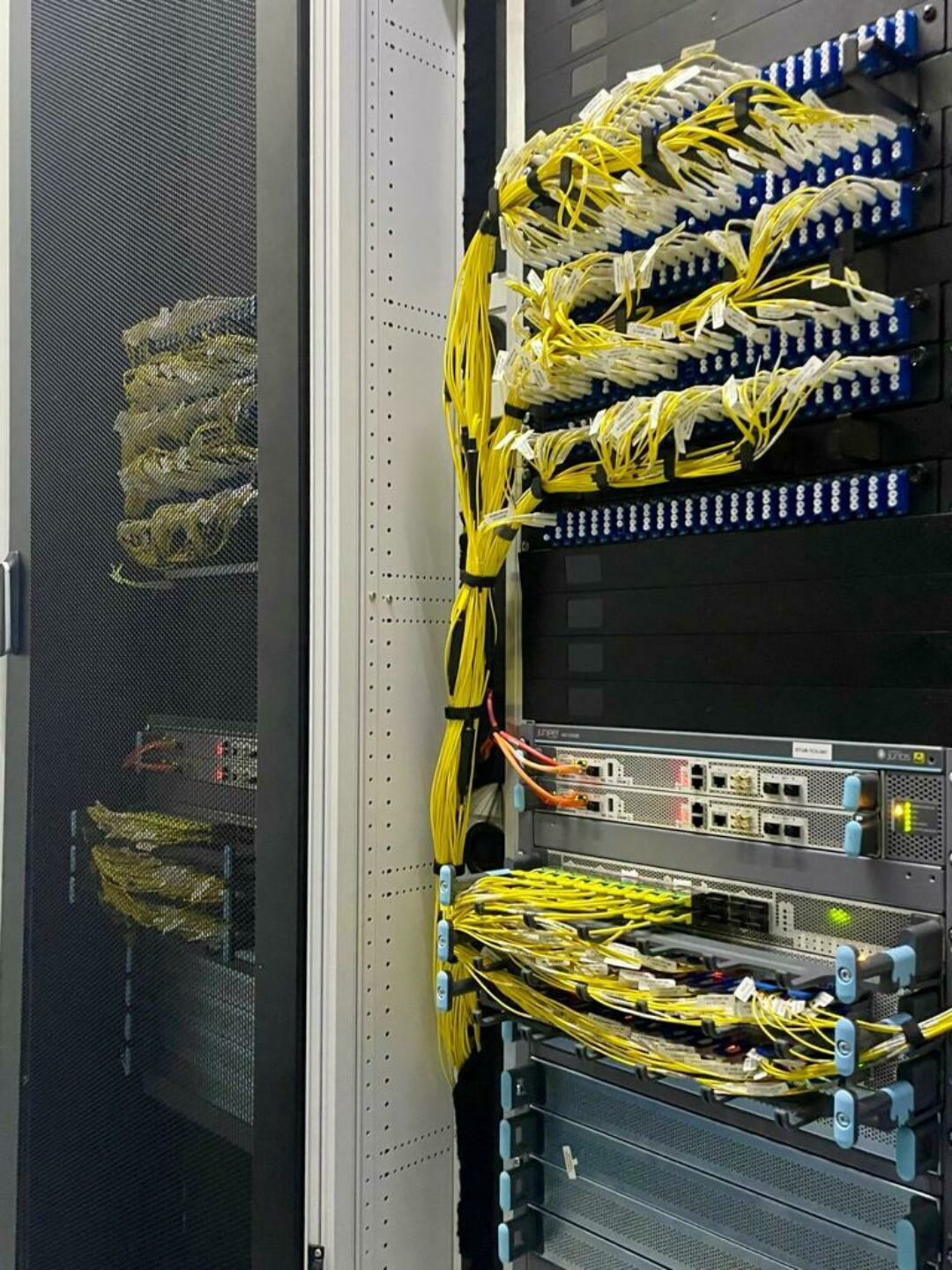
How stuff works: What is an ASN and why do you need it?
An AMS-IX Story

Tatiana Cury
Product Marketing Manager
Internet routing traffic evolution
In 1989, the Border Gateway Protocol (BGP) was sketched out on the back of “three ketchup-stained napkins.” It defined a protocol for exchanging routing information between independent IP networks (Autonomous Systems) and gained widespread use in 1994. Though it has gone through numerous revisions over the last 30+ years, it still forms the heart of the Internet. Without BGP, there would be no Internet.
A central concept in BGP is the notion of an Autonomous System: a group of IP networks, run by one or more network operators, with a single, clearly defined routing policy. Each AS is defined by a unique number: the Autonomous System Number (ASN).
ASNs can be either public or private. Private ASNs can only be used in limited situations (e.g., in internal networks or with specific upstream ISPs) and cannot be visible in the global routing table, while public ASNs allow for global visibility of routing information.
The first organizations to request public Autonomous System (AS) numbers were typically internet service providers (ISPs) and large network operators that needed to connect their networks to the global internet, such as government agencies, educational institutions, and a few private companies.
At that time, there were only a few hundred organizations with AS numbers, most of them located in North America and Europe. Today, there are more than 105,000 ASNs assigned globally, including a wide range of companies such as cloud service providers, content delivery networks, financial institutions, supply chain, and e-commerce companies.
Advantages of having a public ASN
- No Need to Change Your IP Range
When you don’t have a public ASN, you cannot have your own IP addresses and must rely on an upstream provider to assign ranges to you.
If you want to change providers (e.g., because your current ISP is underperforming or overcharging), your IP addresses are typically not portable. Your old ISP will take back the addresses they previously assigned to you, and the new ISP will assign new addresses to you.
This means you will have to renumber your network, which can be a very painful experience: if not planned very carefully and executed meticulously, it can take weeks or months to complete, with users experiencing random connectivity problems during that time.
If you own a public ASN, this doesn’t have to happen. You can get your own (Provider Independent) IP address space and administer it under your AS. This allows you to pick and choose whichever upstream ISP you want (or even more than one, see below). Your ASN is your universal ‘passport’ for routing. There is more flexibility and agility to your business. You simply get your own network identity, both externally and internally. - No limitation to connect with more than 1 transit provider
With an ASN, you can choose to be multi-homed; in other words, it enables you to connect your company’s network and IT infrastructure to two or more providers via the Border Gateway Protocol (BGP).
Your network’s connectivity to the internet gets more stable and redundant at a physical level. - No hassle to connect with MAPS
Having a public ASN enables companies to interconnect directly with Microsoft via their Microsoft Azure Peering Service (MAPS). This can improve the performance of your service, reduce costs, enhance security, and optimize the quality of Azure Services like Microsoft 365 or Dynamics 365. - No barrier to connect directly to an Internet Exchange
A public ASN facilitates direct peering at Internet Exchange points (IXP). For example, if you connect to the AMS-IX Internet Exchange in Amsterdam, you can exchange traffic with almost 900 networks from all over the globe. By connecting at an Internet Exchange, you will:
- Increase the flexibility of your network
- Reduce your dependency on upstream (transit) providers
- Get finer control of the routes your network traffic takes
- Ensure low latency
- Increase security on the interconnected route
Requesting a public ASN
Requesting a public Autonomous System (AS) number is generally a straightforward process, but AMS-IX can support you with this process.
To start the process, you need to contact one of the Regional Internet Registries (RIRs). There are five RIRs which are separated by regions:
- Africa: African Network Information Center (AFRINIC)
- North America: American Registry for Internet Numbers (ARIN)
- Asia-Pacific: Asia-Pacific Network Information Centre (APNIC)
- Latin America: Latin American and Caribbean Network Information Centre (LACNIC)
- Europe: Réseaux IP Européens Network Coordination Centre (RIPE NCC)
You should choose the RIR that serves your region to submit a request for an AS number. First, you become a member of the RIR, then fill out an online application form. You will need to provide information about your organization, your network infrastructure, and your routing policy.
It's important to note that obtaining and using an AS number requires technical knowledge and preparation, such as understanding BGP routing protocols and having a solid understanding of your network topology and security practices.
If you are not 100% sure if a public ASN is right for you at the moment or if you need help with your network topology, you can always reach out to AMS-IX, and we will assist you in this process.
You might also be interested in
Got a question?
© 2026 - Amsterdam Internet Exchange Terms of Use General Terms and Conditions Privacy Statement Glossary Page
Company Information